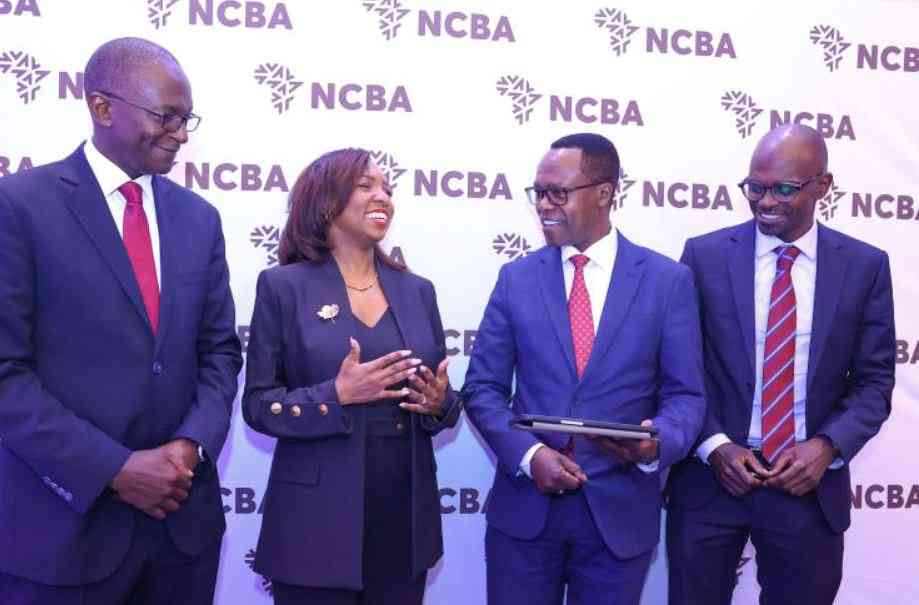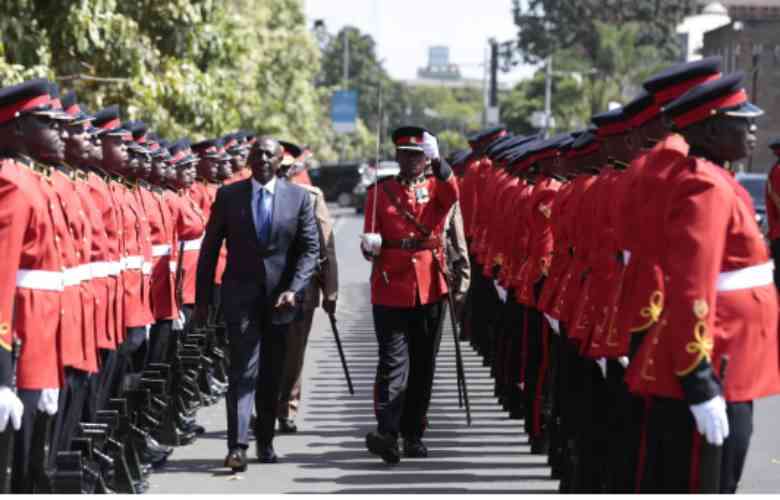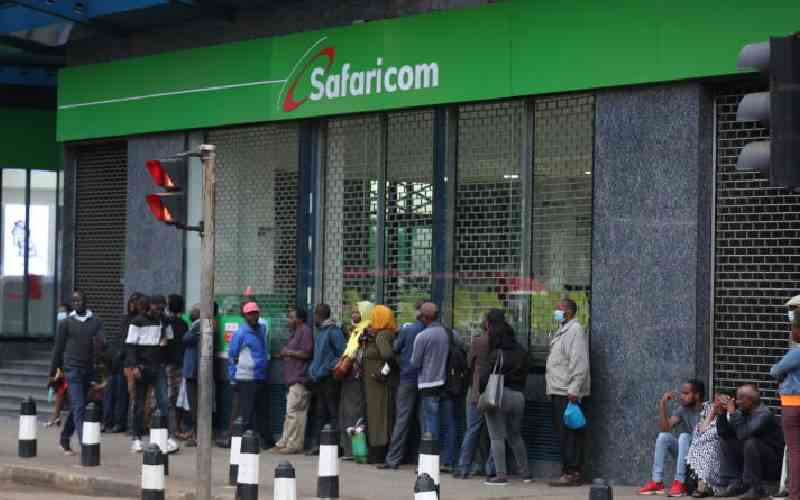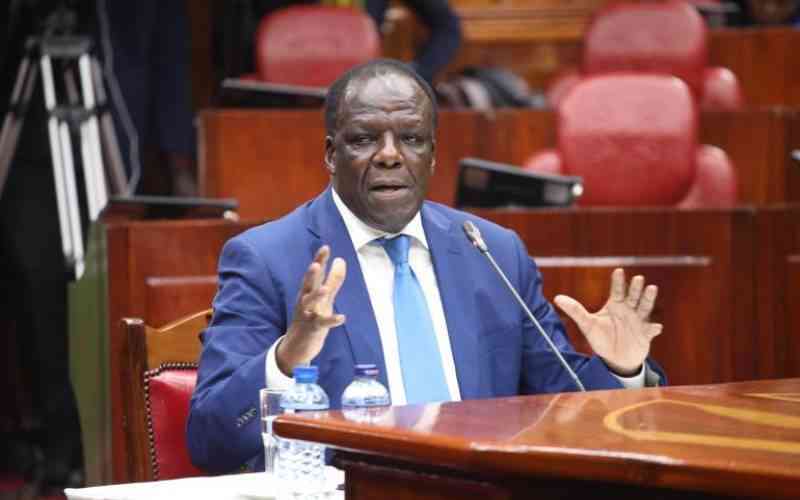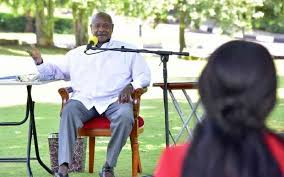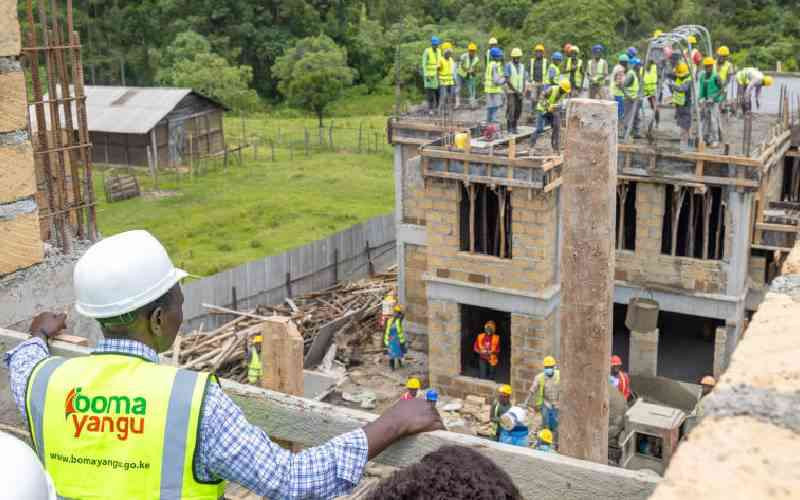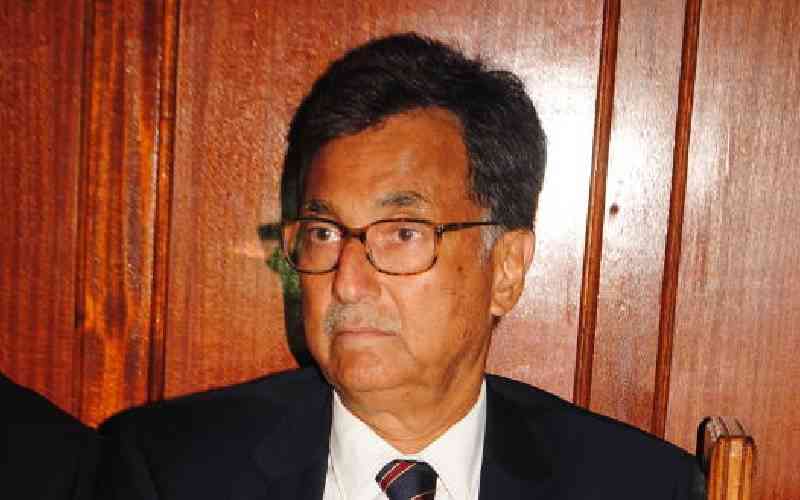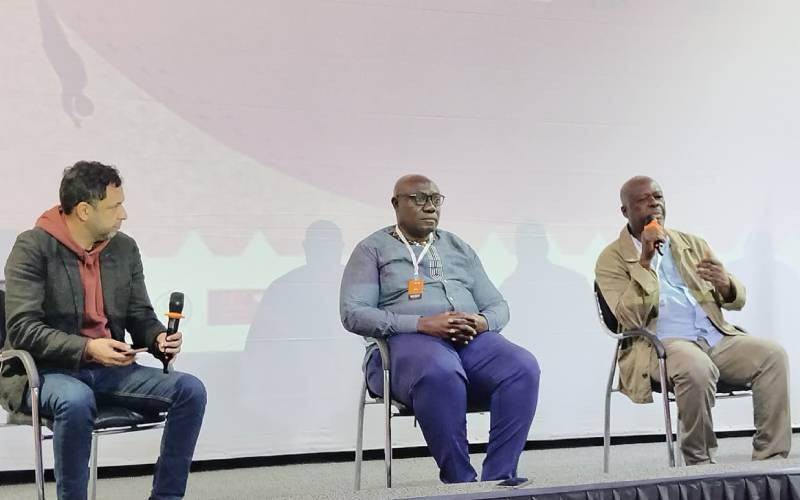
Funding gaps, limited access, and political pressure are keeping African films from reaching young audiences across the continent.
That was the consensus among filmmakers, directors, and producers at the just-concluded Timimoun International Short Film Festival in the Algerian Sahara.
Balufu Bakuba, a filmmaker and director from the Democratic Republic of Congo, said Africa’s growing reliance on Western funding is shaping how its stories are told.
“Whoever puts money into a film definitely has an impact, but it also depends on the African director. He or she has the ability to define the narrative,” he said.
Bakuba, Director-General at the Grand Tambour, said what African filmmakers need most is training to tell stories rooted in the continent’s realities. “When they lack training, they may be influenced to make films for Western audiences.”
Hamburg-based director Ilies Terki believes self-funding is one way to preserve authenticity. Terki, who finances his own projects, including Sunny Side Up, screened at the festival, warns that outside funding can be constraining.
“I think funding is a trap. Many filmmakers feel they have to shape a story a certain way to get support,” he said. “Some people are bold and tell the stories they want, but at the risk of not being funded. I prefer self-funding.”
In Senegal, however, filmmakers have more options. Germain Coly, Director of Cinematography in Senegal, told The Standard that his office finances productions across Africa. Young Senegalese directors, he said, receive support from development to final production, along with help navigating authorisations and documentation that can otherwise stall projects.
European markets
Asked why African films often reach Europe faster than African screens, Bakuba said it reflects the maturity of European cinema networks.
“African films have premiered more often in Europe because Europe has unlocked the most complex cinema distribution system, while many African countries are still fighting to build structures for cinema,” he said.
He added that the gap between Western and African films is largely financial. “Hollywood produces commercial films, but we produce narratives. The quality of humanity in African stories is top-notch,” he said.
Terki shares similar views, even though much of his work is screened in Europe.
“There’s no reason why films should go there first…maybe because of larger audiences,” he said. “It should be the other way round. There’s raw feedback here. I felt it was important to start in Africa.”
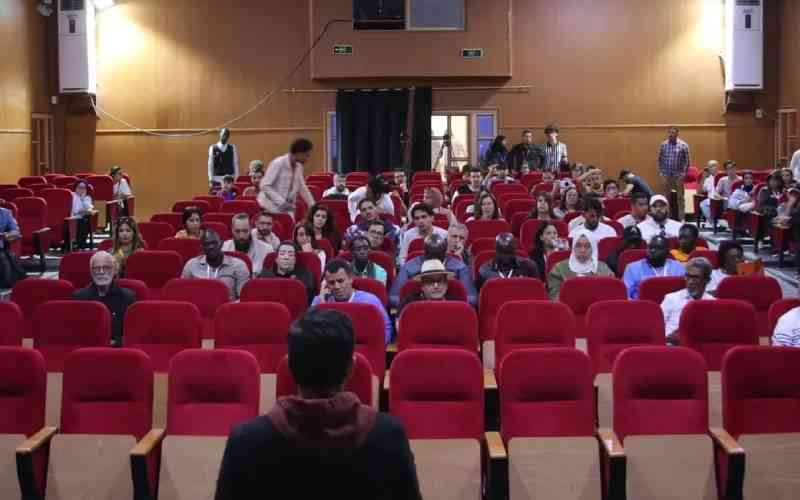
Political pressure
Stay informed. Subscribe to our newsletter
On government censorship, Bakuba said African audiences must be educated about freedom of speech.
“Look at Europe…the war in Ukraine and Russia comes with censorship too. This is not just an African problem; it’s everywhere,” he said.
In May 2025, Kenyan authorities arrested four filmmakers linked to the BBC documentary Blood Parliament, which revealed how police opened fire on anti-tax protesters outside Parliament in June 2024, killing and injuring several civilians.
Policy debates around cinema in Africa and the place of African films on the global stage dominated the five-day festival, where stakeholders called for greater representation and participation from the continent.
At least 23 African films were screened at the festival’s inaugural edition in Timimoun, Algeria.
